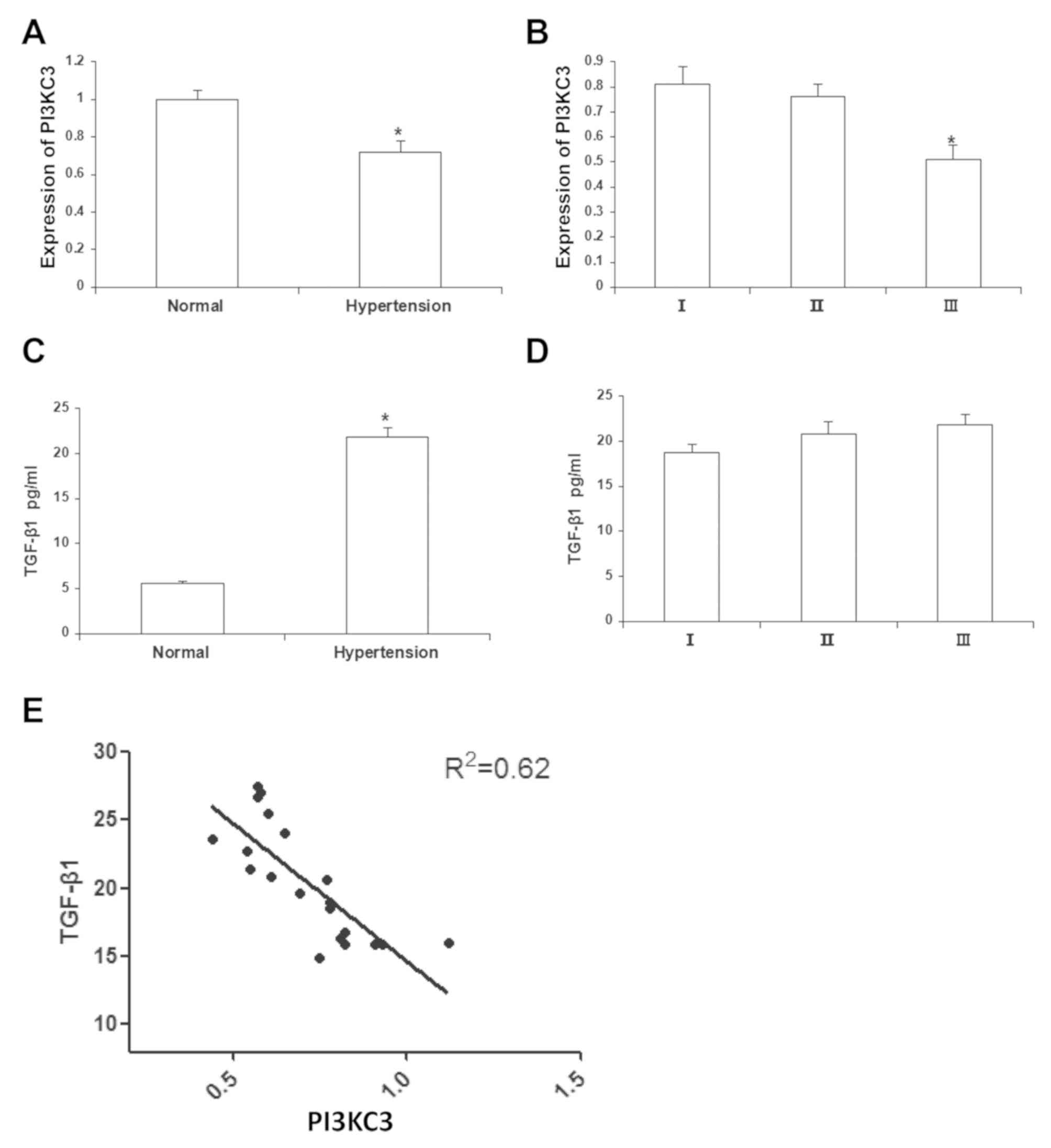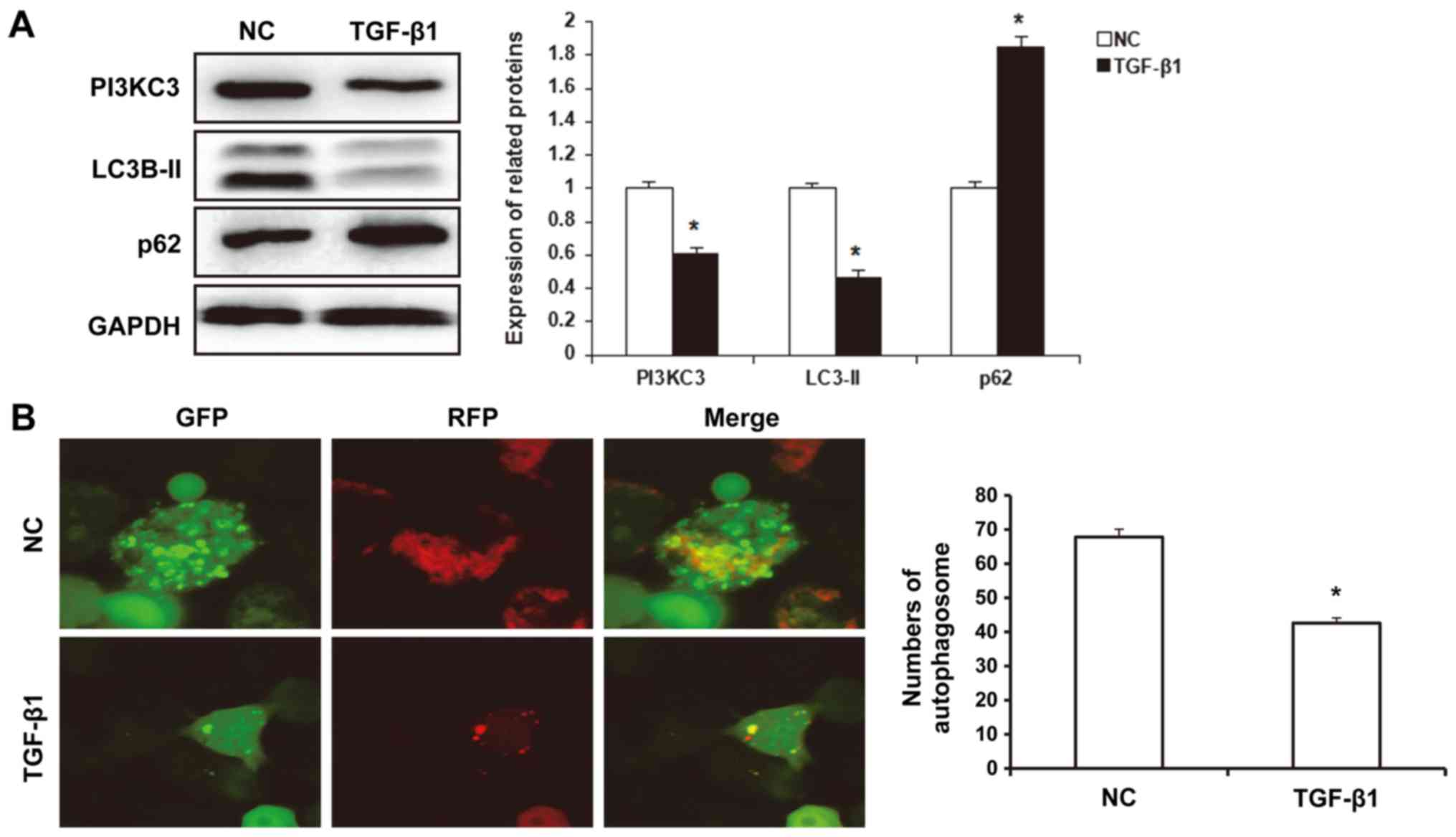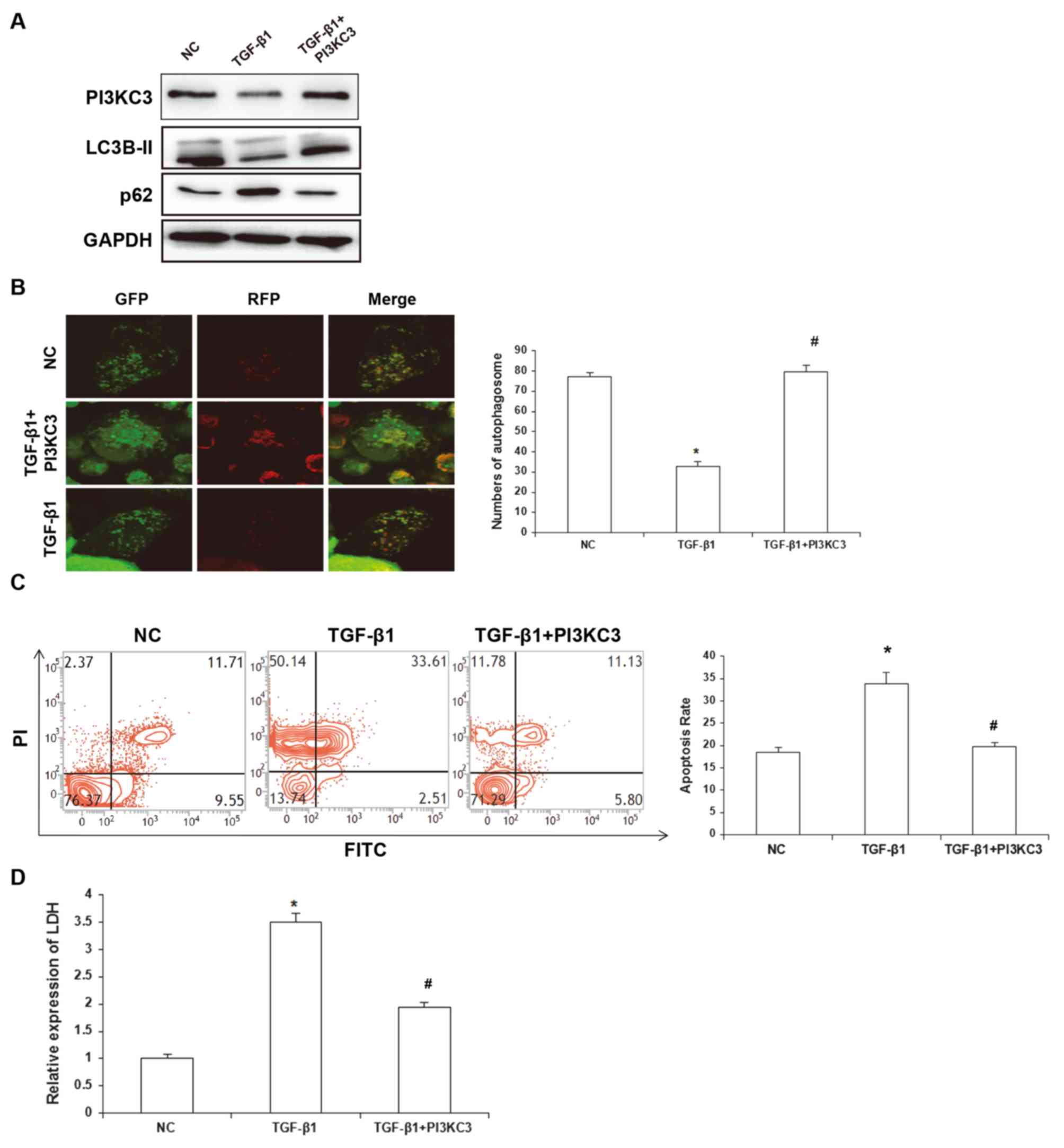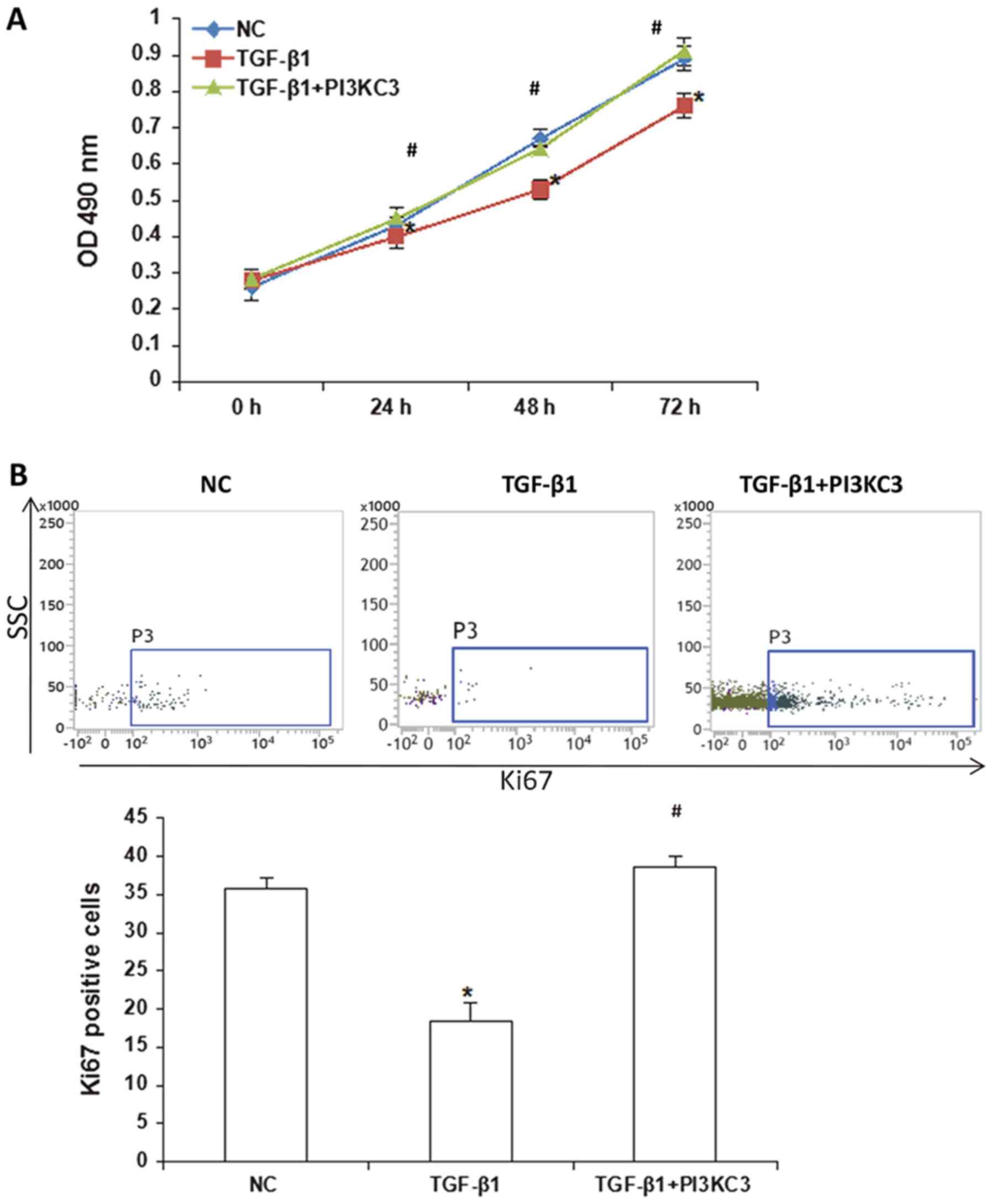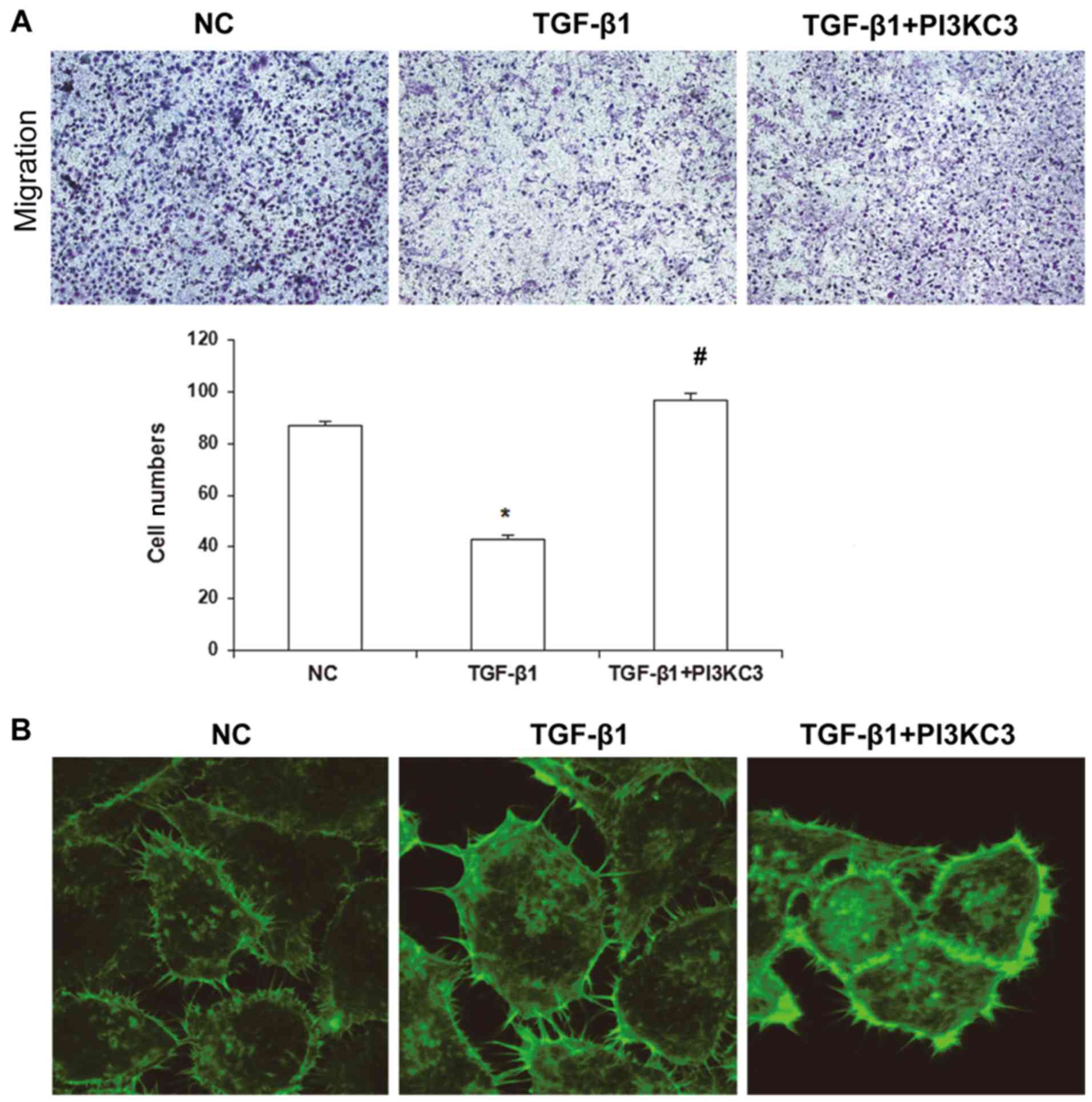|
1
|
Yang Y, Zhang E, Zhang J, Chen S, Yu G,
Liu X, Peng C, Lavin MF, Du Z and Shao H: Relationship between
occupational noise exposure and the risk factors of cardiovascular
disease in China: A meta-analysis. Medicine (Baltimore).
97:e117202018. View Article : Google Scholar : PubMed/NCBI
|
|
2
|
Wang X, Cai X, Wang W, Jin Y, Chen M,
Huang X, Zhu X and Wang L: Effect of asiaticoside on endothelial
cells in hypoxiainduced pulmonary hypertension. Mol Med Rep.
17:2893–2900. 2018.PubMed/NCBI
|
|
3
|
Kuang ZM, Wang Y, Feng SJ, Jiang L and
Cheng WL: Association between plasma homocysteine and
microalbuminuria in untreated patients with essential hypertension:
A case-control study. Kidney Blood Press Res. 42:1303–1311. 2017.
View Article : Google Scholar : PubMed/NCBI
|
|
4
|
Johns CS, Wild JM, Rajaram S, Swift AJ and
Kiely DG: Current and emerging imaging techniques in the diagnosis
and assessment of pulmonary hypertension. Expert Rev Respir Med.
12:145–160. 2018. View Article : Google Scholar : PubMed/NCBI
|
|
5
|
Yeates K, Campbell N, Maar MA, Perkins N,
Liu P, Sleeth J, Smith C, McAllister C, Hua-Stewart D, Wells G and
Tobe SW: The effectiveness of text messaging for detection and
management of hypertension in indigenous people in Canada: Protocol
for a randomized controlled trial. JMIR Res Protoc. 6:e2442017.
View Article : Google Scholar : PubMed/NCBI
|
|
6
|
Roy C, Tabiasco J, Caillon A, Delneste Y,
Merot J, Favre J, Guihot AL, Martin L, Nascimento DC, Ryffel B, et
al: Loss of vascular expression of nucleoside triphosphate
diphosphohydrolase-1/CD39 in hypertension. Purinergic Signal.
14:73–82. 2018. View Article : Google Scholar : PubMed/NCBI
|
|
7
|
Rocha HNM, Garcia VP, Batista GMS, Silva
GM, Mattos JD, Campos MO, Nóbrega ACL, Fernandes IA and Rocha NG:
Disturbed blood flow induces endothelial apoptosis without
mobilizing repair mechanisms in hypertension. Life Sci.
209:103–110. 2018. View Article : Google Scholar : PubMed/NCBI
|
|
8
|
Bakrania BA, Spradley FT, Satchell SC,
Stec DE, Rimoldi JM, Gadepalli RSV and Granger JP: Heme oxygenase-1
is a potent inhibitor of placental ischemia-mediated endothelin-1
production in cultured human glomerular endothelial cells. Am J
Physiol Regul Integr Comp Physiol. 314:R427–R432. 2018. View Article : Google Scholar : PubMed/NCBI
|
|
9
|
Navia-Pelaez JM, Campos GP, Araujo-Souza
JC, Stergiopulos N and Capettini LSA: Modulation of
nNOSser852 phosphorylation and translocation by PKA/PP1
pathway in endothelial cells. Nitric Oxide. 72:52–58. 2018.
View Article : Google Scholar : PubMed/NCBI
|
|
10
|
Rol N, de Raaf MA, Sun X, Kuiper VP, da
Silva Gonçalves, Bos D, Happé C, Kurakula K, Dickhoff C, Thuillet
R, Tu L, et al: Nintedanib improves cardiac fibrosis but leaves
pulmonary vascular remodeling unaltered in experimental pulmonary
hypertension. Cardiovasc Res. Jul 18–2018.(Epub ahead of print).
View Article : Google Scholar : PubMed/NCBI
|
|
11
|
Ungefroren H, Witte D, Fiedler C, Gädeken
T, Kaufmann R, Lehnert H, Gieseler F and Rauch BH: The role of PAR2
in TGF-β1-induced ERK activation and cell motility. Int J Mol Sci.
18:E27762017. View Article : Google Scholar : PubMed/NCBI
|
|
12
|
Liakouli V, Elies J, El-Sherbiny YM,
Scarcia M, Grant G, Abignano G, Derrett-Smith EC, Esteves F,
Cipriani P, Emery P, et al: Scleroderma fibroblasts suppress
angiogenesis via TGF-β/caveolin-1 dependent secretion of pigment
epithelium-derived factor. Ann Rheum Dis. 77:431–440. 2018.
View Article : Google Scholar : PubMed/NCBI
|
|
13
|
Jin X, Aimaiti Y, Chen Z, Wang W and Li D:
Hepatic stellate cells promote angiogenesis via the
TGF-β1-Jagged1/VEGFA axis. Exp Cell Res. 15:34–43. 2018. View Article : Google Scholar
|
|
14
|
Wang Z, Wang K, Wang R and Liu X:
SUMOylation regulates TGF-β1/Smad4 signalling in-resistant glioma
cells. Anticancer Drugs. Dec 18–2017.(Epub ahead of print).
View Article : Google Scholar
|
|
15
|
Huang CH, Chang YH, Lin CY, Wang WH, Kuan
HC, Hsieh YJ, Wang YW, Yang CH, Chiu JY, Tsai SF, et al: Shared IgG
infection signatures vs. hemorrhage-restricted IgA clusters in
human dengue: A phenotype of differential class-switch via TGFβ1.
Front Immunol. 8:17262017. View Article : Google Scholar : PubMed/NCBI
|
|
16
|
Zheng W, Song J, Zhang Y, Chen S, Ruan H
and Fan C: Metformin prevents peritendinous fibrosis by inhibiting
transforming growth factor-β signaling. Oncotarget.
8:101784–101794. 2017. View Article : Google Scholar : PubMed/NCBI
|
|
17
|
Ohmaru-Nakanishi T, Asanoma K, Fujikawa M,
Fujita Y, Yagi H, Onoyama I, Hidaka N, Sonoda K and Kato K:
Fibrosis in preeclamptic placentas is associated with stromal
fibroblasts activated by the transforming growth factor-β1
signaling pathway. Am J Pathol. 188:683–695. 2018. View Article : Google Scholar : PubMed/NCBI
|
|
18
|
Qu Y, Zhang H, Sun W, Han Y, Li S, Qu Y,
Ying G and Ba Y: MiR-155 promotes gastric cancer growth and
invasion by negatively regulating transforming growth factor β
receptor 2. Cancer Sci. 109:618–628. 2018. View Article : Google Scholar : PubMed/NCBI
|
|
19
|
Niu J, Yue W, Le-Le Z, Bin L and Hu X:
Mesenchymal stem cells inhibit T cell activation by releasing
TGF-β1 from TGF-β1/GARP complex. Oncotarget. 8:99784–99800. 2017.
View Article : Google Scholar : PubMed/NCBI
|
|
20
|
Qiong W, Xiaofeng G and Junfang W:
Transforming growth factor-β1 (TGF-β1) induces mouse
precartilaginous stem cell differentiation through
TGFRII-CK1ε-β-catenin signalling. Int J Exp Pathol. 99:113–120.
2018. View Article : Google Scholar : PubMed/NCBI
|
|
21
|
Wang P, Luo L, Shen Q, Shi G, Mohammed A,
Ni S and Wu X: Rosuvastatin improves myocardial hypertrophy after
hemodynamic pressure overload via regulating the crosstalk of
Nrf2/ARE and TGF-β/smads pathways in rat heart. Eur J Pharmacol.
820:173–182. 2018. View Article : Google Scholar : PubMed/NCBI
|
|
22
|
Zhang N, Dong M, Luo Y, Zhao F and Li Y:
Danshensu prevents hypoxic pulmonary hypertension in rats by
inhibiting the proliferation of pulmonary artery smooth muscle
cells via TGF-β-smad3-associated pathway. Eur J Pharmacol. 820:1–7.
2018. View Article : Google Scholar : PubMed/NCBI
|
|
23
|
Beaudoin J, Dal-Bianco JP, Aikawa E,
Bischoff J, Guerrero JL, Sullivan S, Bartko PE, Handschumacher MD,
Kim DH, Wylie-Sears J, et al: Mitral leaflet changes following
myocardial infarction: Clinical evidence for maladaptive valvular
remodeling. Circ Cardiovasc Imaging. 10:e0065122017. View Article : Google Scholar : PubMed/NCBI
|
|
24
|
Li X, Tan H, Chen M and Zhou S:
Transforming growth factor beta 1 related gene polymorphisms in
gestational hypertension and preeclampsia: A case-control candidate
gene association study. Pregnancy Hypertens. 12:155–160. 2018.
View Article : Google Scholar : PubMed/NCBI
|
|
25
|
Stjepanovic G, Baskaran S, Lin MG and
Hurley JH: Unveiling the role of VPS34 kinase domain dynamics in
regulation of the autophagic PI3K complex. Mol Cell Oncol.
4:e13678732017. View Article : Google Scholar : PubMed/NCBI
|
|
26
|
Thongchot S, Yongvanit P, Loilome W,
Seubwai W, Phunicom K, Tassaneeyakul W, Pairojkul C, Promkotra W,
Techasen A and Namwat N: High expression of HIF-1α, BNIP3 and
PI3KC3: Hypoxia-induced autophagy predicts cholangiocarcinoma
survival and metastasis. Asian Pac J Cancer Prev. 15:5873–5878.
2014. View Article : Google Scholar : PubMed/NCBI
|
|
27
|
Zhang Q, Wang D, Zhang H, Wang M, Li P,
Fang X and Cai X: Detection of autophagy processes during the
development of nonarticulated laticifers in Euphorbia kansui Liou.
Planta. 247:845–861. 2018. View Article : Google Scholar : PubMed/NCBI
|
|
28
|
Yang B, Sun J, Yuan Y and Sun Z: Effects
of atorvastatin on autophagy in skeletal muscles of diabetic rats.
J Diabetes Investig. 9:753–761. 2018. View Article : Google Scholar : PubMed/NCBI
|
|
29
|
Holmberg J, Bhattachariya A, Alajbegovic
A, Rippe C, Ekman M, Dahan D, Hien TT, Boettger T, Braun T, Swärd
K, et al: Loss of vascular myogenic tone in miR-143/145 knockout
mice is associated with hypertension-induced vascular lesions in
small mesenteric arteries. Arterioscler Thromb Vasc Biol.
38:414–424. 2018. View Article : Google Scholar : PubMed/NCBI
|
|
30
|
Gao P, Wu W, Ye J, Lu YW, Adam AP, Singer
HA and Long X: Transforming growth factor β1 suppresses
proinflammatory gene program independent of its regulation on
vascular smooth muscle differentiation and autophagy. Cell Signal.
50:160–170. 2018. View Article : Google Scholar : PubMed/NCBI
|
|
31
|
Cheng JZ, Chen JJ, Wang ZG and Yu D:
MicroRNA-185 inhibits cell proliferation while promoting apoptosis
and autophagy through negative regulation of TGF-β1/mTOR axis and
HOXC6 in nasopharyngeal carcinoma. Cancer Biomark. 23:107–123.
2018. View Article : Google Scholar : PubMed/NCBI
|
|
32
|
Khera R, Lu Y, Lu J, Saxena A, Nasir K,
Jiang L and Krumholz HM: Impact of 2017 ACC/AHA guidelines on
prevalence of hypertension and eligibility for antihypertensive
treatment in United States and China: Nationally representative
cross sectional study. BMJ. 362:k23572018. View Article : Google Scholar : PubMed/NCBI
|
|
33
|
Livak KJ and Schmittgen TD: Analysis of
relative gene expression data using real-time quantitative PCR and
the 2(-Delta Delta C(T)) method. Methods. 25:402–408. 2001.
View Article : Google Scholar : PubMed/NCBI
|
|
34
|
Sun M, Ishii R, Okumura K, Krauszman A,
Breitling S, Gomez O, Hinek A, Boo S, Hinz B, Connelly KA, et al:
Experimental right ventricular hypertension induces regional
β1-integrin-mediated transduction of hypertrophic and profibrotic
right and left ventricular signaling. J Am Heart Assoc.
7:e0079282018. View Article : Google Scholar : PubMed/NCBI
|
|
35
|
Li L, Huang C, He Y, Sang Z, Liu G and Dai
H: Knockdown of long non-coding RNA GAS5 increases miR-23a by
targeting ATG3 involved in autophagy and cell viability. Cell
Physiol Biochem. 48:1723–1734. 2018. View Article : Google Scholar : PubMed/NCBI
|
|
36
|
Chen J, Yan L, Wang H, Zhang Z, Yu D, Xing
C, Li J, Li H, Li J and Cai Y: ZBTB38, a novel regulator of
autophagy initiation targeted by RB1CC1/FIP200 in spinal cord
injury. Gene. 678:8–16. 2018. View Article : Google Scholar : PubMed/NCBI
|
|
37
|
McDonald AI, Shirali AS, Aragón R, Ma F,
Hernandez G, Vaughn DA, Mack JJ, Lim TY, Sunshine H, Zhao P, et al:
Endothelial regeneration of large vessels is a biphasic process
driven by local cells with distinct proliferative capacities. Cell
Stem Cell. 23:210–225.e6. 2018. View Article : Google Scholar : PubMed/NCBI
|
|
38
|
Rong X, Ge D, Shen D, Chen X, Wang X,
Zhang L, Jia C, Zeng J, He Y, Qiu H, et al: miR-27b suppresses
endothelial cell proliferation and migration by targeting Smad7 in
Kawasaki disease. Cell Physiol Biochem. 48:1804–1814. 2018.
View Article : Google Scholar : PubMed/NCBI
|
|
39
|
Grampp S and Goppelt-Struebe M:
Receptor-independent modulation of TGF-β-induced pro-fibrotic
pathways by relaxin-2 in human primary tubular epithelial cells.
Cell Tissue Res. 2018. View Article : Google Scholar : PubMed/NCBI
|
|
40
|
Chen K and Sun Z: Activation of DNA
demethylases attenuates aging-associated arterial stiffening and
hypertension. Aging Cell. Apr 16–2018.(Epub ahead of print).
View Article : Google Scholar
|
|
41
|
Fu S, Li YL, Wu YT, Yue Y, Qian ZQ and
Yang DL: Icariside II attenuates myocardial fibrosis by inhibiting
nuclear factor-κB and the TGF-β1/Smad2 signalling pathway in
spontaneously hypertensive rats. Biomed Pharmacother. 100:64–71.
2018. View Article : Google Scholar : PubMed/NCBI
|
|
42
|
Bellaye PS, Yanagihara T, Granton E, Sato
S, Shimbori C, Upagupta C, Imani J, Hambly N, Ask K, Gauldie J, et
al: Macitentan reduces progression of TGF-β1-induced pulmonary
fibrosis and pulmonary hypertension. Eur Respir J. 52:17018572018.
View Article : Google Scholar : PubMed/NCBI
|
|
43
|
Cai Z, Li J, Zhuang Q, Zhang X, Yuan A,
Shen L, Kang K, Qu B, Tang Y, Pu J, et al: MiR-125a-5p ameliorates
monocrotaline-induced pulmonary arterial hypertension by targeting
the TGF-β1 and IL-6/STAT3 signaling pathways. Exp Mol Med.
50:452018. View Article : Google Scholar : PubMed/NCBI
|
|
44
|
Wei W, Rao F, Liu F, Xue Y, Deng C, Wang
Z, Zhu J, Yang H, Li X, Zhang M, et al: Involvement of Smad3
pathway in atrial fibrosis induced by elevated hydrostatic
pressure. J Cell Physiol. 233:4981–4989. 2018. View Article : Google Scholar : PubMed/NCBI
|
|
45
|
Higgins SP, Tang Y, Higgins CE, Mian B,
Zhang W, Czekay RP, Samarakoon R, Conti DJ and Higgins PJ:
TGF-β1/p53 signaling in renal fibrogenesis. Cell Signal. 43:1–10.
2018. View Article : Google Scholar : PubMed/NCBI
|
|
46
|
Liu Z, Huang XR and Lan HY: Smad3 mediates
ANG II-induced hypertensive kidney disease in mice. Am J Physiol
Renal Physiol. 302:F986–F997. 2012. View Article : Google Scholar : PubMed/NCBI
|
|
47
|
Shang P, Liu T, Liu W, Li Y, Dou F, Zhang
Y, Sun L, Zhang T, Zhu Z, Mu F, et al: Telmisartan improves
vascular remodeling through ameliorating prooxidant and profibrotic
mechanisms in hypertension via the involvement of transforming
growth factor-β1. Mol Med Rep. 16:4537–4544. 2017. View Article : Google Scholar : PubMed/NCBI
|
|
48
|
Li Y, Zhu H, Wei X, Li H, Yu Z, Zhang H
and Liu W: LPS induces HUVEC angiogenesis in vitro through
miR-146a-mediated TGF-β1 inhibition. Am J Transl Res. 9:591–600.
2017.PubMed/NCBI
|
|
49
|
Ding Y and Choi ME: Regulation of
autophagy by TGF-β: Emerging role in kidney fibrosis. Semin
Nephrol. 34:62–71. 2014. View Article : Google Scholar : PubMed/NCBI
|
|
50
|
Wang H, Zhang Y, Wu Q, Wang YB and Wang W:
miR-16 mimics inhibit TGF-β1-induced epithelial-to-mesenchymal
transition via activation of autophagy in non-small cell lung
carcinoma cells. Oncol Rep. 39:247–254. 2018.PubMed/NCBI
|
|
51
|
Wang Z, Fei S, Suo C, Han Z, Tao J, Xu Z,
Zhao C, Tan R and Gu M: Antifibrotic effects of hepatocyte growth
factor on endothelial-to-mesenchymal transition via transforming
growth factor-beta1 (TGF-β1)/Smad and Akt/mTOR/P70S6K signaling
pathways. Ann Transplant. 23:1–10. 2018. View Article : Google Scholar : PubMed/NCBI
|















